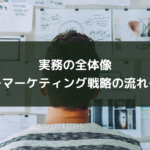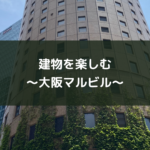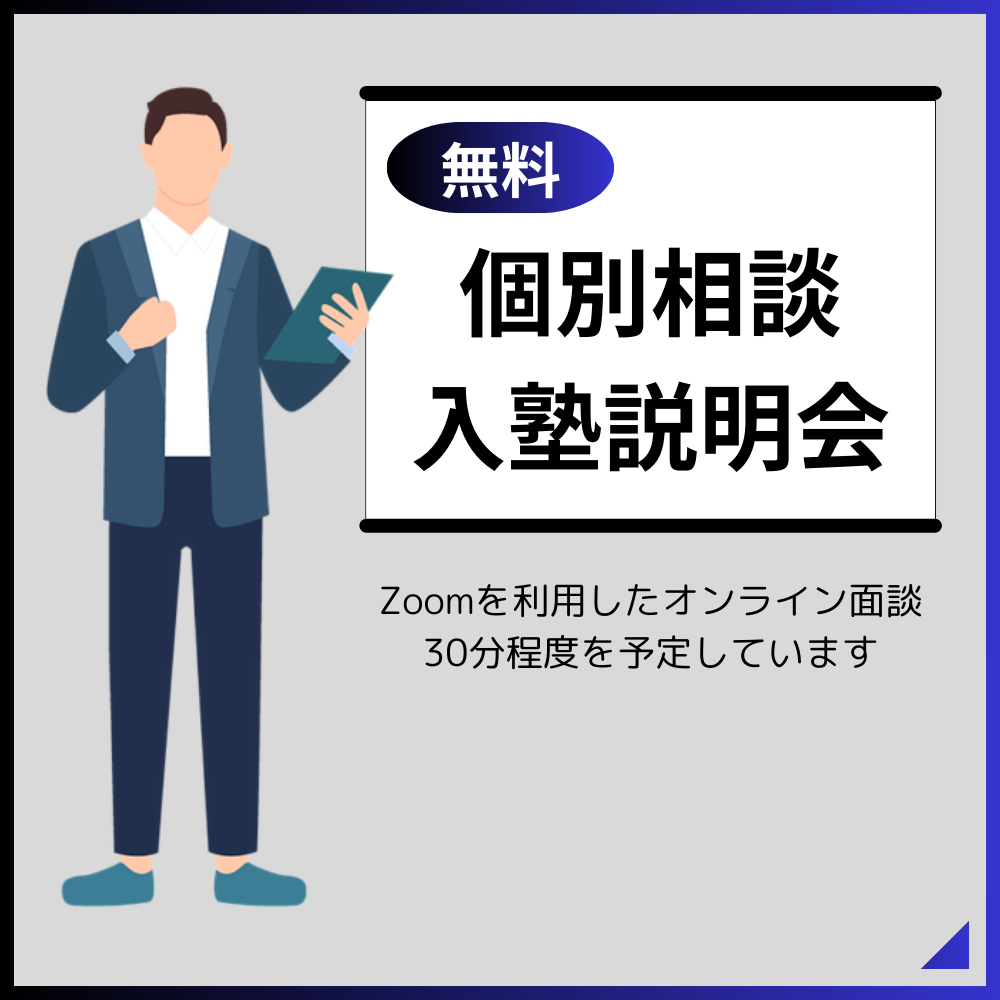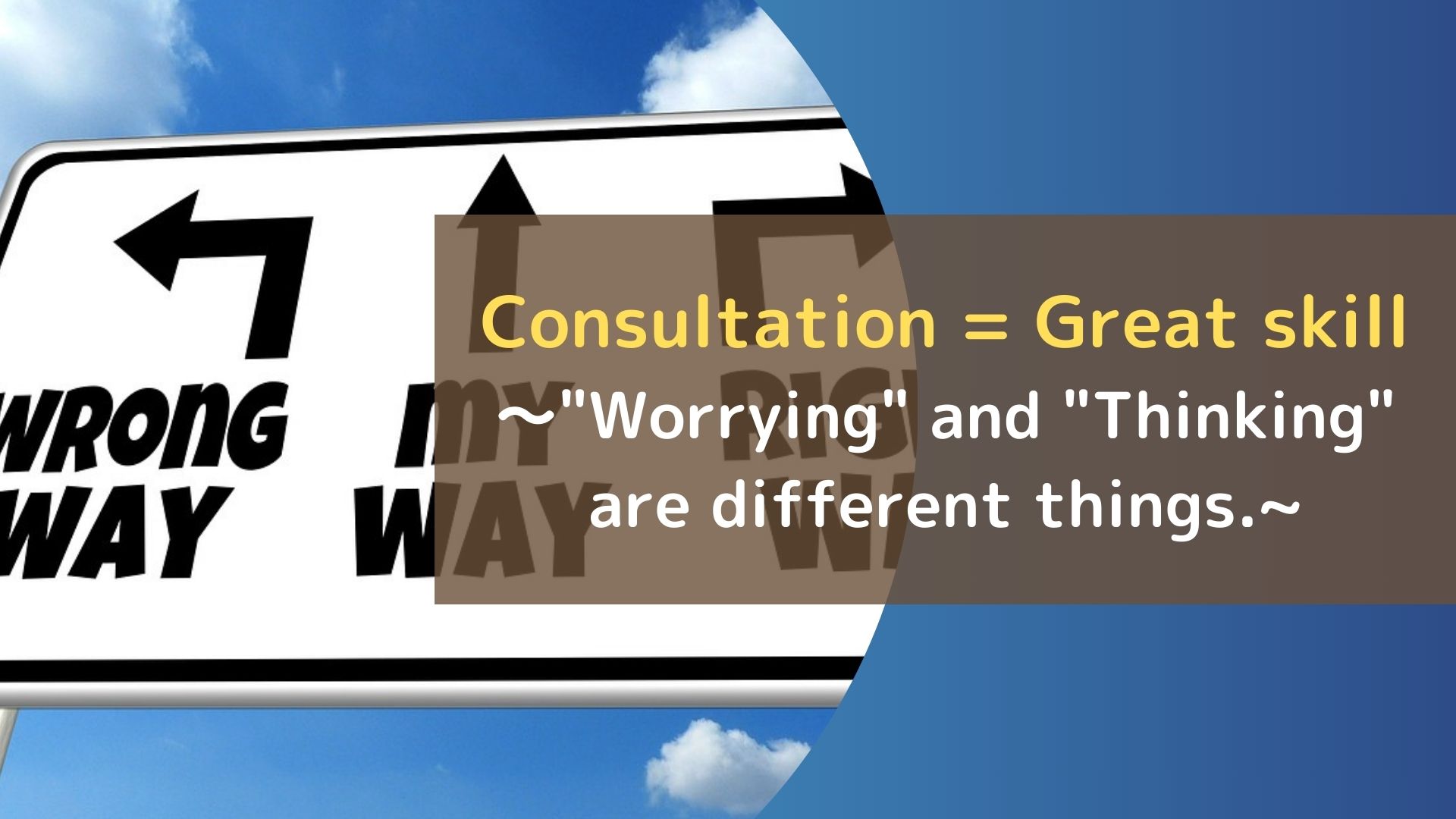
Introduction
If you spent time for worrying, it would be a waste of your time!
As you work on own job day by day,
you are often given tasks that you have never experienced before.
I also.
This is an opportunity for personal growth, and while it's gratifying,
it can also leave you at a loss as to what to do.
In fact, this happened to me during my first year in the workforce,
when I was given the responsibility of planning a seminar for the first time,
it was one of difficult times for me.
I had to arrange the venue, how to attract customers,
the day of operations, cost calculations, and so on,
There were so many things to consider.
I remember how difficult it was to know which tasks to start first.
Looking back on those days,
I 'm ashamed of how immature I was.
The thing that I feel I should reflect on the most is that I didn't actively "consult" with professionals.
Why didn't I consult with them?
To be honest, one of the reasons is that I was not in an environment where I could easily ask for help,
"What should I ask, who should I ask, and what is the right answer?"
Such things,
I should have just asked as many questions as I could.
I should have just asked as soon as I could,
but I didn't have the courage to do so.
In this article, I would like to explain the difference between "worrying" and "thinking.
- To worry is To be lost
- To think is To change perspective
- To ask for advise is a great skill
1. To worry is To be lost
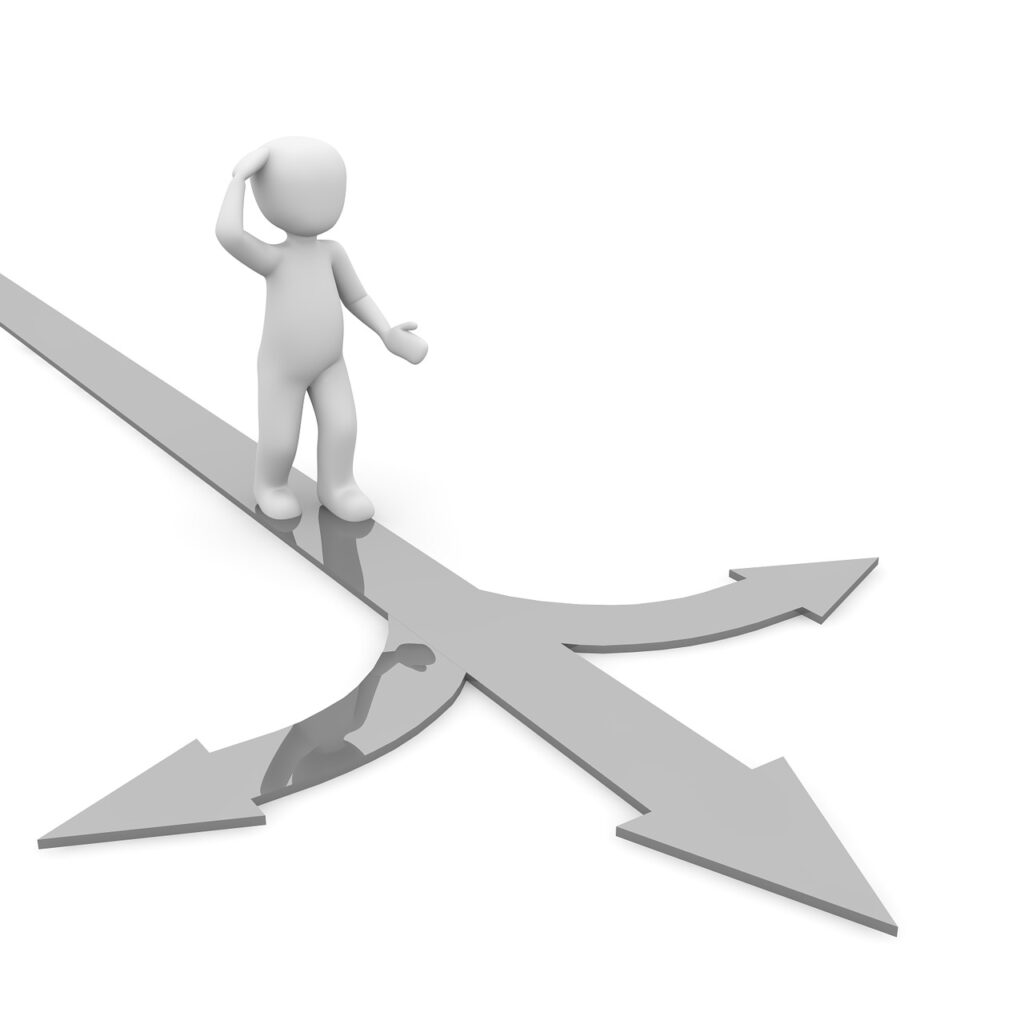
I often express that to be worried is to be "lost".
And this " lost" can have two possible patterns.
The first is that you do not know where you are going to.
In this case, you have to find "Goal" first of all.
If you don't know your destination,
you don't know whether it is close to your current location or not.
Then, you don't know how to get there.
What means of transportation should we use to get there?
Can we take a train or a bus?
Do you need to take a bullet train or a plane to get there?
You may have no idea whether the place is far from you.
The second is that you don't know the "proper way" to get there.
If you know where to go, but only know how to get there by train,
you may end up taking 30 minutes to get there instead of 10 minutes by bus.
These are just examples,
but the same thing can happen in the course of work.
In other words,
worry is the state of not knowing the goal or purpose of the job,
and not knowing the proper way to get there.
2. To think is To change perspective
On the other hand, what is thinking?
It's to change your point of view.
It means to look at things from different angles.
For example, when you want to travel from Tokyo to Osaka,
there are two ways to travel from Tokyo to Osaka: by bullet train or by plane, you must choose which one to take.
At this point, you need to compare the two in terms of price and time required for the trip,
you will be trying to identify the advantages and disadvantages of both methods.
This is unlike the state of being in lost.
You know both the purpose and the means,
and considering what is best for you.
This is exactly what thinking means.

3. To ask for advise is a great skill
If you, as a first-year working professional, are trying to organize an exhibition as the person in charge, what you should do is as follows.
(1) Venue
(2) Attracting visitors
(3) Management system
(4) Product sales
The categories are divided into such tasks as (1) venue, (2) methods of attracting visitors, (3) management structure, and (4) sales of goods.
Then, if you further subdivide them,
it will become clearer what you need to do.
If you have experienced planning work at least once,
you may be able to imagine what you need to do.
This process may be easy to visualize for those who have experienced planning work at least once, but it may be difficult for those who are in charge for the first time.
This is exactly what happened to me.
In such a case, you should consult with your seniors, supervisors, and other professionals in the field.
It is one of the most important skills to consult with someone who has experience in the field.
If you don't understand something, you can say you don't understand it.
It takes courage, but that courage will help you grow.
Once you have experienced it, you will be able to imagine, for example, that you will need similar means on another occasion.
If you can imagine the project of blueprint, you have done well!
Summary
Whether we worry or think about unknown events depends on "experience".
In order to gain this experience and to minimize the time spent worrying,
I believe that consultation is still important.
If you are troubled, please do not hesitate to consult.



